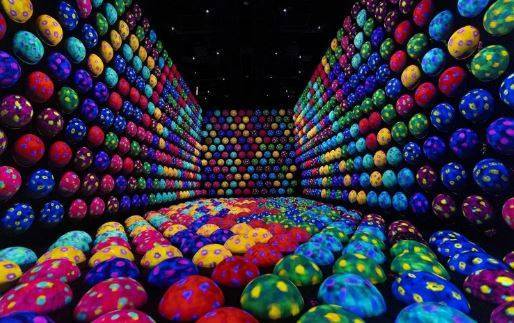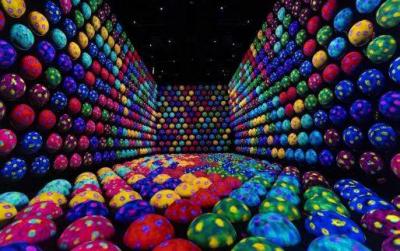Khalid bin Abdullah Al-Baker, CEO of the Quality of Life Program, confirmed that the global "TeamLab Borderless" museum in Jeddah contributes to achieving the objectives of the Kingdom's Vision 2030, which are linked to enhancing the Kingdom's contributions to arts and culture, increasing cultural offerings, and preparing the infrastructure to host international art exhibitions. The museum is the first of its kind in the Middle East and features over 80 experimental artworks designed by the "TeamLab" group using digital technology in a unique creative experience aimed at elevating the quality of life in the Kingdom.
On the occasion of the opening, Al-Baker stated, "The launch of the TeamLab Museum aims to enhance the cultural scene, making the museum a cultural and tourist destination for the residents and visitors of Jeddah. We are working in partnership with the Ministry of Culture to prepare the cultural infrastructure in the Kingdom by developing cultural facilities and quality museums that enhance the cultural offerings in various regions of the Kingdom, raising the quality of life in alignment with the objectives of Vision 2030."
He added, "We seek to inspire young creators from the Kingdom to benefit from global creative and innovative experiences to produce unique artworks that reflect the spirit of the age by utilizing modern technologies and exploring distinguished global experiences in this field."
The global "TeamLab Borderless" museum comes as a result of collaboration between the Ministry of Culture and the global "TeamLab" artistic group, covering an area of 10,000 square meters in historic Jeddah, which is listed as a UNESCO World Heritage site. This initiative is part of the Quality of Life Program, one of the programs aimed at achieving Vision 2030.
It is worth noting that the "TeamLab" museum originated in the Japanese capital Tokyo in 2018 and has attracted over 2.3 million visitors annually, achieving a world record for the most visitors attracted to a museum by a single art group. The museum is expected to contribute to attracting more tourists to the Kingdom of Saudi Arabia and enhancing its status as a global cultural destination.




